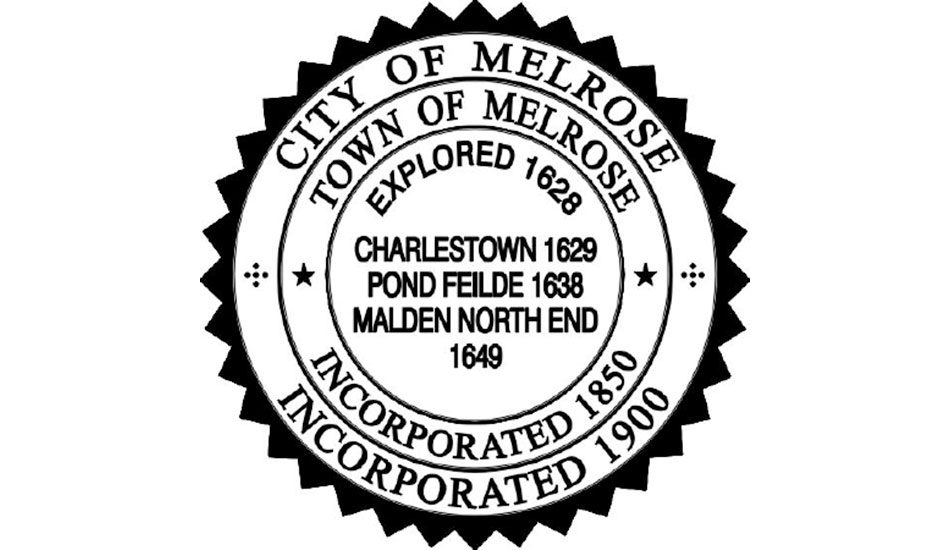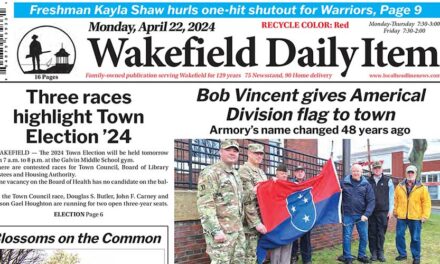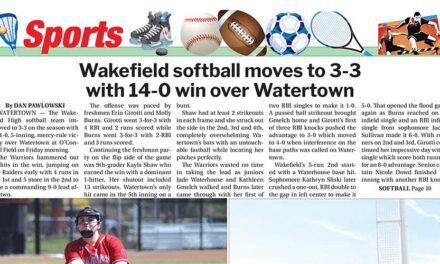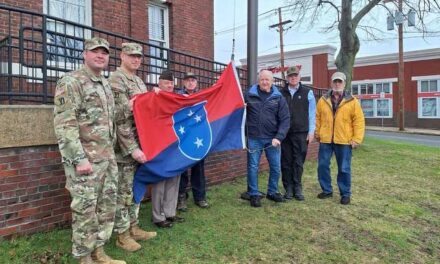“The Commonwealth continues to lead the nation in climate and clean energy policies with programs like Green Communities, which provides innovative and cost-effective solutions for cities and towns,” said Governor Charlie Baker. “The efforts of municipalities like the City of Quincy and other communities receiving grant awards today are instrumental as we work to meet the Commonwealth’s target of Net Zero emissions by 2050.”
“Across the Commonwealth, there are countless cities and towns that are helping to create cleaner, healthier, and more affordable places to live,” said Lieutenant Governor Karyn Polito. “By working closely with our local leaders, we continue to make significant reductions in harmful greenhouse gas emissions and energy costs.”
Under the Green Communities Act, cities and towns must meet five criteria to be designated a Green Community and receive funding. The grants provide financial support for energy efficiency and renewable energy projects that further the designated communities’ clean energy goals. Two-hundred and eighty Massachusetts cities and towns have currently earned the Green Communities designation, which accounts for 87 percent of the Commonwealth’s population. This tenth annual round of DOER Green Communities competitive grants is awarded to existing Green Communities that have successfully invested their initial designation grants and previous competitive grant awards. Grants are capped at $200,000 per municipality. Funding for Green Communities Competitive Grant is made available through proceeds from carbon allowance auctions under the Regional Greenhouse Gas Initiative (RGGI).
“Climate Week in Massachusetts provides a great opportunity to highlight the critical role state and local partnerships play in helping the Commonwealth achieve its nation-leading climate and clean energy goals,” said Energy and Environmental Affairs Secretary Kathleen Theoharides. “Expanding access to clean energy technologies and helping municipalities meet their own efficiency targets reduces pollution and improves air quality in our communities while creating new opportunities for economic development.”
“DOER is proud to collaborate with communities throughout the Commonwealth to achieve significant greenhouse gas emissions reductions and achieve our shared climate goals,” said Department of Energy Resources Commissioner Patrick Woodcock. “Importantly, these grants will assist municipalities in their ongoing efforts to create cleaner, more affordable, and healthier places to live.”
The collective grants announced today fund a range of projects from ventilation system upgrades to the installation of insulation and energy management systems at municipal buildings and facilities. Projects also include the installations of air-source heat pumps, hybrid police cruisers, and electric vehicles charging stations.
Representing total cost savings of over $1.1 million annually and leveraging utility incentives of over $1.6 million, once completed, these grant-supported projects are estimated to yield energy savings of over 45,000 MMBTus, which translates to the amount of energy consumed by over 350 Massachusetts households annually. In greenhouse gas emissions terms, the projects are estimated to reduce emissions by 3,249 metric tons – roughly equal to taking over 838 cars off the road. For additional information on awarded projects and funding amounts, please visit this website: https://www.mass.gov/doc/table-of-2021-spring-competitive-grant-awards/download.
During this year’s Climate Week in Massachusetts, the Baker-Polito Administration is highlighting its commitment to reducing emissions, mitigating the impacts of climate change, and building a more resilient Commonwealth. Throughout Climate Week, the Administration is holding events to spotlight important initiatives including offshore wind, land protection and conservation, the Greening the Gateway Cities program, and the expansion of clean energy in the Commonwealth. The Administration is also highlighting the urgent demand for funding to support climate resiliency in Massachusetts, and Governor Baker’s plan to immediately put to use part of Commonwealth’s direct federal aid from the American Rescue Plan Act (ARPA) to support critical priorities in cities and towns. The Administration’s plan would commit $900 million to key energy and environmental initiatives, including $400 million to modernize critical water infrastructure and $300 million to support local climate resilience projects.
On March 26, 2021, Governor Baker signed comprehensive climate change legislation that enshrined the Administration’s target of Net Zero emissions by 2050 into law, significantly increased protections for Environmental Justice communities across Massachusetts, and authorized the Commonwealth to procure an additional 2,400 Megawatts (MW) of clean, reliable offshore wind energy by 2027. In September 2016, Governor Baker signed Executive Order 569 which lays out a comprehensive approach to further reduce greenhouse gas emissions, safeguard residents, municipalities and businesses from the impacts of climate change, and build a more resilient Commonwealth. In April 2021, the Administration announced it had achieved its goal of investing $1 billion in climate change mitigation in adaptation since 2015 through programs like the nation-leading Municipal Vulnerability Preparedness (MVP) Program, which has now enrolled 93 percent of cities and towns in Massachusetts.





